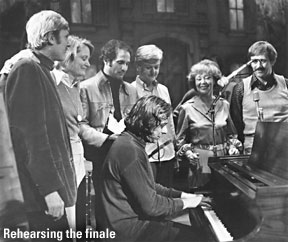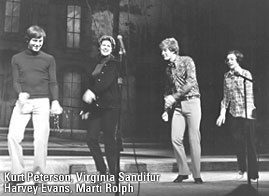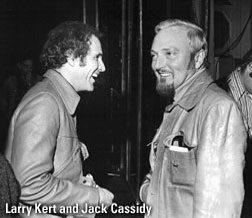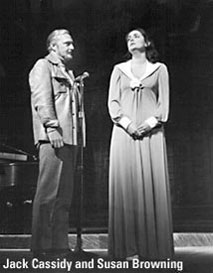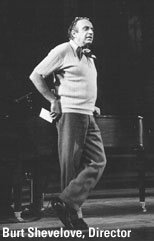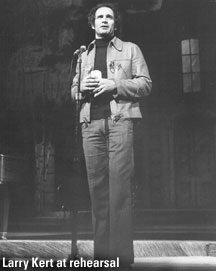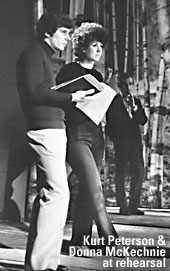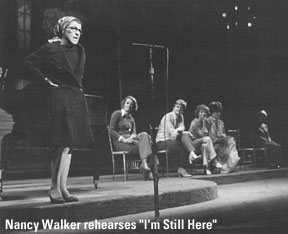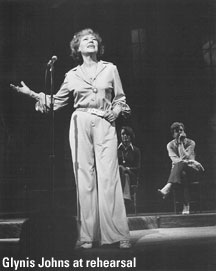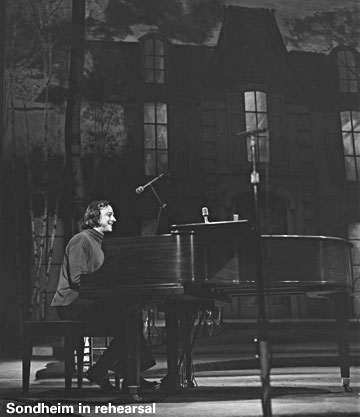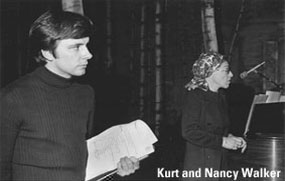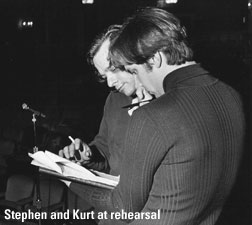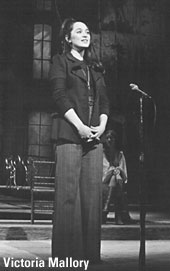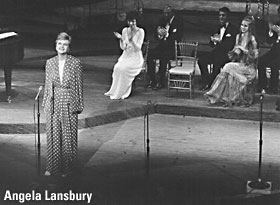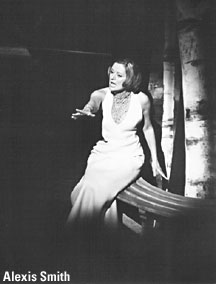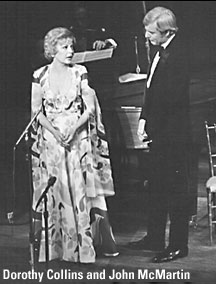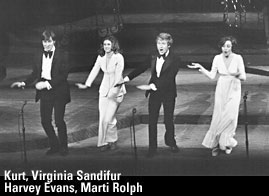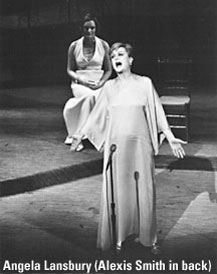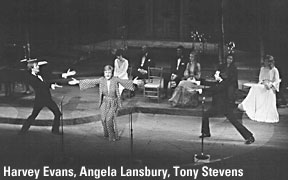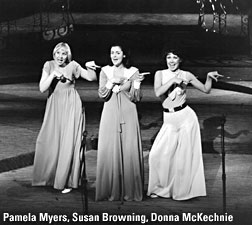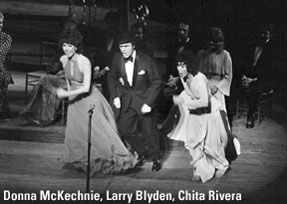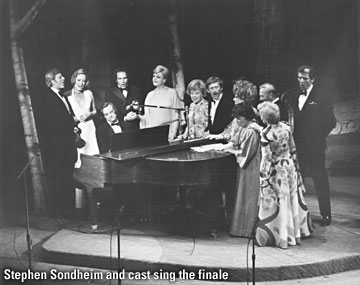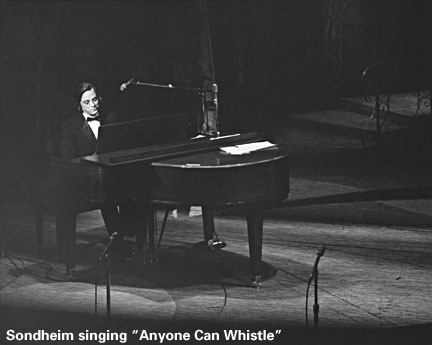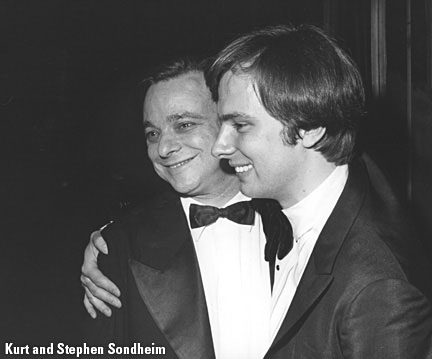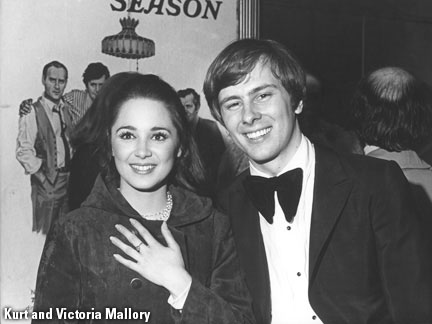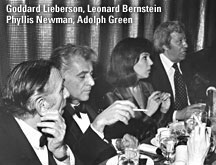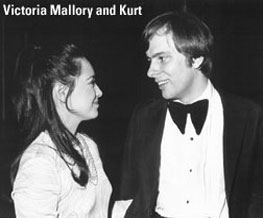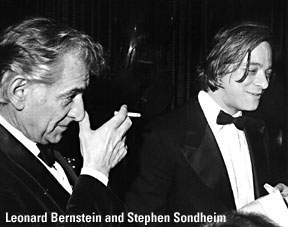Here and now, and us together.
As the overture began, Kurt stood alongside Stephen Sondheim in the back of the house at the Shubert Theatre. A few weeks earlier, A Little Night Music had opened there, but tonight was something different. The audience had no idea what was about to unfold.
It was March 11, 1973 and this was Sondheim—A Musical Tribute. It was a very special night and no one, certainly not Kurt, could have foreseen just what this evening was to become.
Six months earlier, Kurt received a phone call from Joyce Worsley, the administrator of Kurt’s alma mater AMDA, which was then still a small school. They were in dire financial straits and Joyce, having heard of Kurt’s involvement with the hit Gypsy, reached out for help. She wanted Kurt to contact Hal Prince on the subject of honoring him at a small fund raising reception in association with the National Hemophilia Foundation. The charity was involved in the fundraiser because Richard Burton, (who was the adopted son of Phillip Burton, the president of AMDA), was a hemophiliac. Kurt called, but Hal said no. Kurt then suggested Stephen Sondheim and Joyce loved the idea. Kurt phoned Stephen and asked if he might attend a small luncheon where a few students would sing, he would say a few words and the school would be saved. Stephen agreed.
Time passed and by the time Kurt spoke with Stephen again, a few things had changed...
Kurt had asked his (then) friend, Craig Zadan, who was writing Sondheim & Company, if he would join him in constructing the show. He said yes and went to work writing a book for the show.
Next, Kurt asked Hal Prince if they might use the Shubert Theatre. He readily agreed.
Kurt then asked Paul Gemignani to be musical director and he agreed, which unfortunately infuriated Hal Hastings, the conductor of A Little Night Music and many other Prince/Sondheim shows. Orchestrations were provided by Jonathon Tunick.
Kurt and Craig approached every major star and principal who had been in an original Stephen Sondheim show to appear and almost all came aboard. Also on-board were Donna McKechnie as choreographer, Tharon Musser as lighting designer and Florence Klotz coordinating costumes.
A great thrill was going through Steve’s trunks and discovering a treasure trove of old material.
To tie it all up, we got Warner Brothers to record the evening and Neil Appelbaum to design the now famous “Scrabble” poster.
So, when Kurt and Craig finally got back to Stephen, his jaw literally dropped. At that point he got fully involved, jettisoned the book idea and brought in Burt Shevelove to direct, telling them, “If Burt doesn’t do it, it’s not going to happen.” Although Craig was very disappointed, they both said, “Yes, Mr. Sondheim.”
To make a six-month-long story shorter, the evening was a great success. It was the first major public acknowledgement of Stephen Sondheim’s great contribution to the theater and the first hearing of many Sondheim songs that have since become standards. It was Kurt’s first major producing effort. Additionally, the evening was the first of its kind for stage benefits and tributes and became the prototype for the many benefits we see today.
When Stephen Sondheim walked up to the stage and included Kurt in his “Thank Yous,” he knew that this was something he would be doing for a long, long time. Kurt also treasures the gift of Tiffany paperweights and the note Stephen sent to him, which said, “Now that the last few months have aged you so – you’ll never have to play another juvenile again. Fondly, Steve” He was right.


